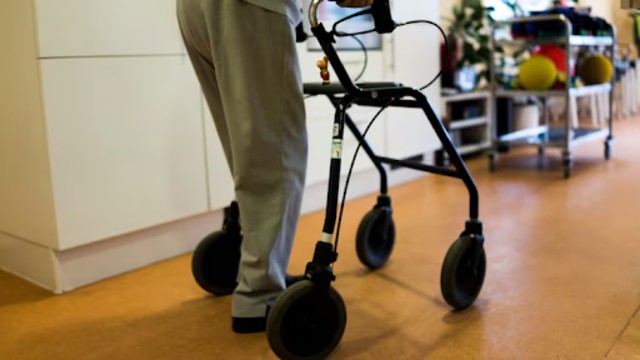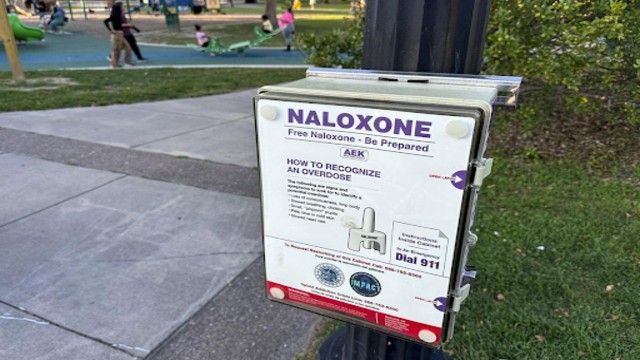
Not getting enough sleep can increase your chances of developing high blood pressure, particularly for women.
It's likely that many of us are not getting sufficient sleep, despite growing awareness of its importance for our well-being. Dr. Christina Liak, from Kingston Health Sciences Sleep Laboratory, notes a cultural belief that less sleep equals more productivity, which can lead to chronic sleep deprivation and health issues. A recent report highlights that inadequate sleep poses particular risks for women.
Here's what you should know: A study by the American College of Cardiology in March 2024 revealed that sleeping fewer than seven hours nightly increases the risk of developing high blood pressure over time. Women, constituting 61% of participants aged 34 to 60, who reported less than seven hours of sleep faced a 7% higher risk compared to men.
Dr. Liak explains that while fully grasping the study's findings requires more detailed data, there's emerging evidence suggesting women may have greater physiological sleep needs than men.
Why do women need more sleep than men?
Several factors contribute to this. Physiologically, women's bodies undergo unique changes like pregnancy and menopause, which can strain their health. Additionally, monthly hormonal fluctuations can disrupt sleep patterns, affecting their overall sleep requirements.
Why aren't people, especially women, getting enough sleep?
Various reasons contribute to inadequate sleep. Regardless of gender, Dr. Liak emphasizes insomnia as a significant issue often linked to stressors like divorce, loss, or health concerns. These factors can lead to persistent poor sleep habits even after the stressful events have passed.
For women, hormonal shifts during pregnancy and menopause can also contribute to sleep disturbances and conditions like sleep apnea.
Sometimes, sleep deprivation stems from broader systemic issues. With rising living costs, many Canadians work longer hours and multiple jobs, sacrificing sleep. Dr. Liak underscores that chronic sleep deficits increase risks of high blood pressure, heart disease, and mental health issues like depression and anxiety.
“Sleep isn't just downtime,” Dr. Liak explains. “It's crucial for brain rejuvenation, memory consolidation, and overall mental health.”
How much sleep do I need?
Determining ideal sleep duration varies, but Dr. Liak suggests 7 to 8 hours for adults, with children needing more. However, she notes that many people underestimate their sleep needs due to societal pressures.
“We live in a society where constant activity is praised,” she says. Dr. Liak recommends experimenting with 'free sleeping' during leisure weekends to gauge individual sleep needs without alarms.
How can I improve sleep quality?
Effective strategies for better sleep include limiting caffeine intake, especially in the afternoon, due to its lasting effects on sleep. Dr. Liak advises optimizing bedroom temperature slightly cooler than daytime settings for deeper, uninterrupted sleep.
Avoiding the snooze button and setting a consistent wake-up time helps maintain a healthy sleep routine. Lastly, prioritizing adequate sleep over late-night work cramming enhances overall efficiency and well-being.















